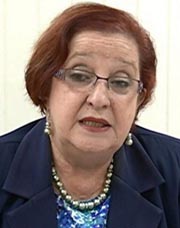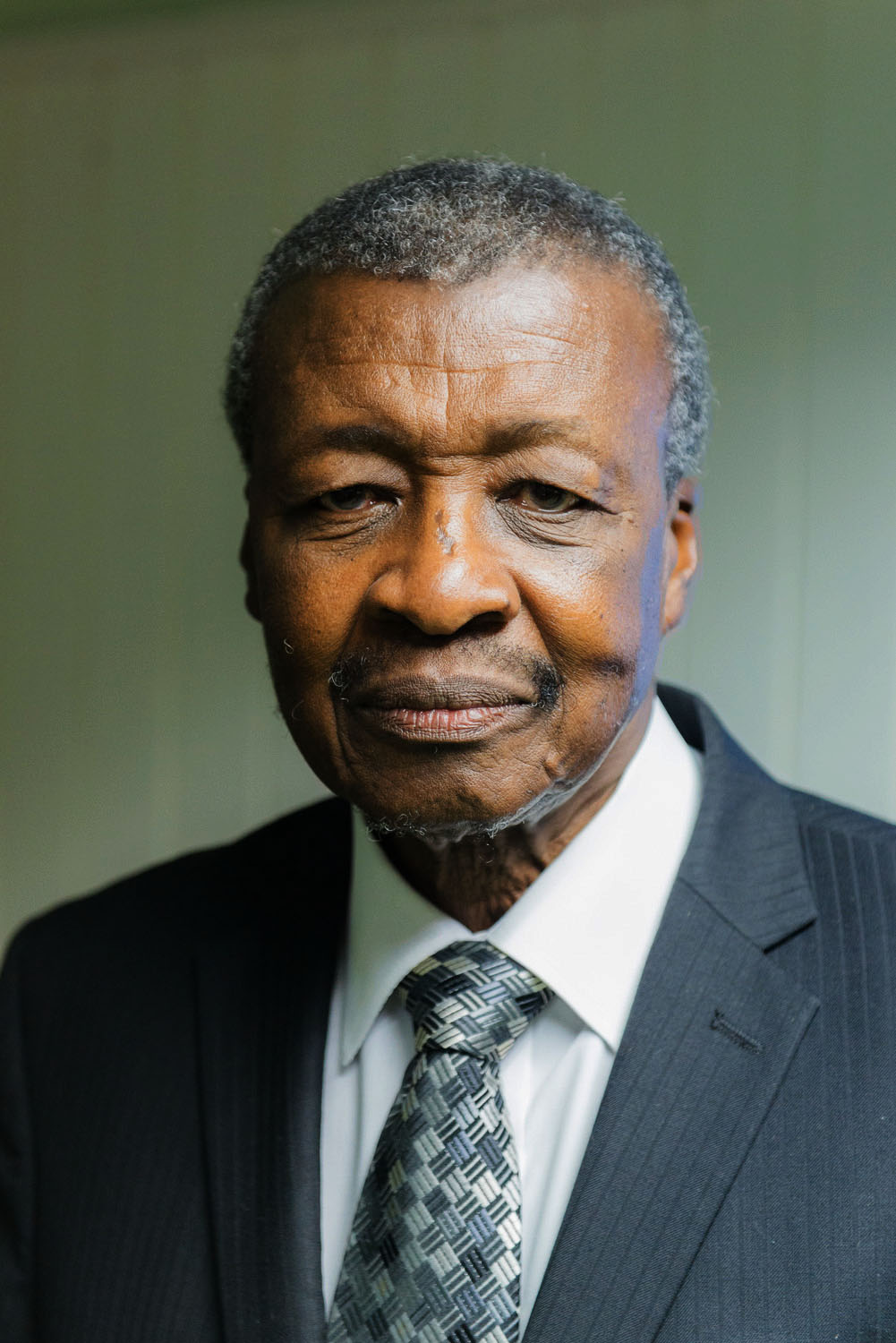Speaker Barton Scotland has referred PPP/C Chief Whip Gail Teixeira’s complaint against Prime Minister Moses Nagamootoo’s participation in the National Assembly while he is performing the functions of President to the parliamentary committee on constitutional reform for a resolution.
The decision, which was communicated yesterday via letter to Teixeira and subsequently read in the House by Scotland, has left the Chief Whip “deeply disappointed” and she stressed that the Speaker has left the opposition with no choice but to but to seek legal recourse.
“Personally, I’m extraordinarily disappointed. I expected that the Speaker of the National Assembly would uphold the Constitution,” Teixeira told reporters following Scotland’s announcement.

She maintained that the law is clear as is the precedent and argued that Scotland has acted as if he were “Pontius Pilate,” washing his hands of Jesus.
On Monday, the first day of the consideration of the 2019 budget estimates by the Committee of Supply, Teixeira officially complained that Nagamootoo’s presence in the House while performing the functions of President is in breach of the Constitution.
In a letter to Scotland, she quoted articles 96 (1), 103 (1) and 178 (4) of the Constitution to reinforce her argument. She pointed out that the framers of the Constitution “prohibit the President from participating in the National Assembly and in the approval of bills because the President is empowered to assent or not to those very bills. The framers of the Constitution also went to great length in creating a clear divide between the executive and the legislature, between the President and the National Assembly. In the circumstances, while performing the office of President, the Prime Minister’s presence in the National Assembly violates the constitutional provisions referred to herein.”
She reminded that this very issue was raised in 2015 but was not addressed. “We were shouted down when we tried to do that and we have raised it a number of times behind the scenes and it has not changed and so I believe in this case, this is very urgent to the estimates,” she said.
Scotland, in his response yesterday, acknowledged that since first year of the current Parliament there have been views contrary to those outlined by Teixeira, including by “persons learned in the Law and even by Eminent Senior Counsel.”
“For the three years following to the present year, that view has influenced the practice. On this, the fourth year of this Session, that view which has influenced the practice in the National Assembly is being challenged by you in your letter. That challenge, in my view, has now introduced an element of uncertainty in a most important area of the discharge by Members of Parliament of their obligations to the People of Guyana,” he added.
Though he acknowledged that he has the power to rule on matters which come before the House, Scotland noted in his letter to Teixeira that he does not believe “unilateral action in this matter by the Speaker or any other Third Party Instrumentality will lead to a final and permanent resolution.”
Instead, he noted Article 119 A of the Constitution, which provides for the establishment of the National Assembly’s Standing Committee on Constitutional Reform. He reminded that the committee can “co-opt experts or enlist the aid of other persons of appropriate expertise.”
Scotland further said that while “in matters such as these it has been our wont to have recourse to our Justice System for solution…the concept of winners and losers is not one to be embraced here for a permanent solution to this very important issue.”
In response, however, Teixeira stressed that the Speaker was asked to uphold the constitution, while noting that its language is very clear. “He wasn’t asked for a ruling. It is not a resolution matter …therefore his suggestion that it be taken to the committee is a no go because the committee does not interpret; it makes changes and recommends changes to this House. They are not a body that interprets, the court interprets,” she added.
She further said that the “Constitution is also clear about the separation between the executive and the legislature… it prohibits the interlocking of the executive and the legislature; they are two separate bodies with separate functions.”
While noting that Nagamootoo was well aware that “he has no right to be here voting whatsoever,” Teixeira on Monday pointed out that the Speaker very carefully had not been calling for “yays and nays.”
In her two-page letter to the Speaker, Teixeira had also said that under the tenures of either Speaker Ralph Ramkarran or Speaker Raphael Trotman, whenever the then Prime Minister was performing the functions of the President, he did not participate in the National Assembly.
“That is why Prime Minister Samuel Hinds was never here and if you check the Hansard and the minutes of the sittings it will say or it would have been announced when we begin the Parliament that the ‘Prime Minister is excused from the sitting because he is carrying out the functions of the President’ and that was upheld all the time and we are calling on the Speaker to uphold the constitution,” she had said.
Scotland, however, indicated yesterday that no evidence could be found to support this claim and argued that “the absence of records and the reliance in its place on memory does not provide a sufficiently strong basis on which I should rely for a definitive settlement of so grave and weighty a matter.”
For Teixeira, this assertion suggests that no research was done since she contends that official communication was forwarded to Parliament Office each time Hinds was required to perform executive functions.








